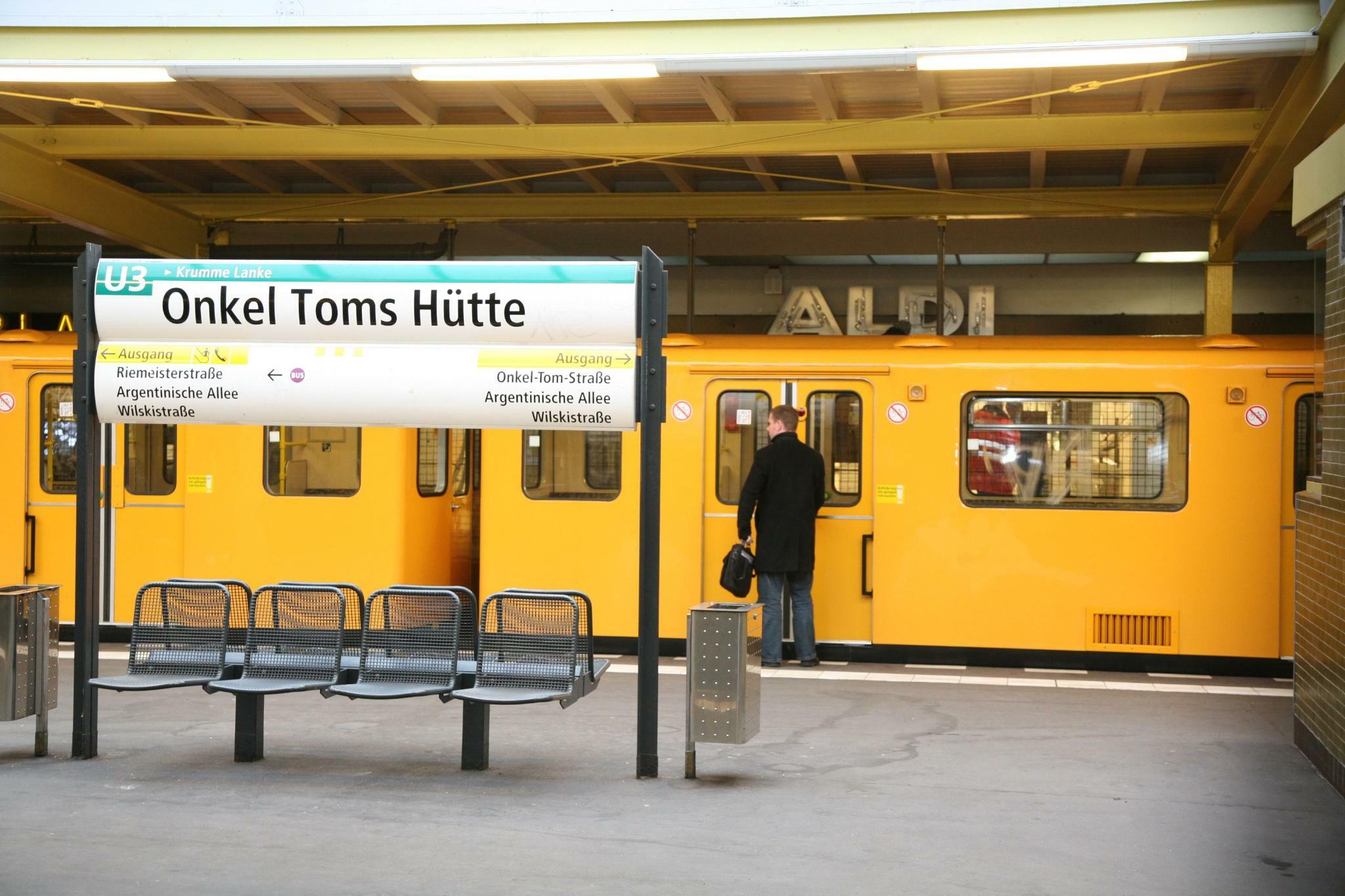Dear Friends,
I’m not telling you anything you don’t know: we’re living through a time of what is for many of us unprecedented civil unrest, sparked by the killing of George Floyd, and embroiled with the complex and weighty history of racism and policing in America.
We all watched the video of Floyd’s death at the hands of the police. We’ve all watched, and many of us have participated in, protests. We’ve all seen the violence that some protestors have engaged in. We’ve all seen some police respond with disproportionate violence; we’ve seen a boy’s vigilante dreams end two lives; we’ve seen what may have been a revenge killing of a pro-police counterprotestor. By the time you read this, we may have seen more.
Many of us (especially if we are unfortunate enough to be on Twitter) have heard many of our friends and family pronounce judgment on these events, in one direction or in the other. Some of us have found our friendships, our family relationships, strained. You may have moral clarity, and you may be disgusted by your friends’ and family’s seeming inability to see what to you is the obvious correct interpretation of this moment. You may be confused, seeing nuance or complexity, and be alienated by your friends’ and family’s baffling certainty:
All cops are bastards, and violence is a legitimate mode of protest in the face of a society where violence is routinely directed against black bodies: violence is the voice of the unheard, and the riots are a response to that vicious injustice which is embedded in this fascist society.
Policing in America is over-militarized and police have responded horribly to this crisis; of course violence is unacceptable, but those who are looting and committing arson and so on are not protestors; they are opportunistic, maybe even agents provocateurs, and anyway the violence is a very small part of the protests, overreported by the media.
Police need to do their jobs and stop allowing the radical left to create chaos in these cities, and if they’re too hamstrung by these blue-state mayors and governors, the president is justified in sending federal troops to do their jobs for them; the destruction is massively underreported by the mainstream media, which can’t be trusted.
I’ve heard all of these positions and many more, and those who say them seem sure that they are right. But each seems wrong to me as a complete description: I can think of counterexamples to each claim.
I’m not an expert in law enforcement, nor am I an expert in the creation of a more just society (though none of us are: it is not a matter of expertise, as Jenn Frey has reminded us).
What I am is confused. And what I have been craving is a way to think carefully about the issues involved. And that’s why I’m so pleased to have been able to publish, this past week, a series of pieces approaching questions of civil order through the lens of another time and another place when that order broke down: Germany, 1525.
The Peasants’ War is not a perfect parallel to our current protests and riots. It’s not even a particularly close parallel. The violence was much worse; the injustice to which that violence was responding was, arguably, also more glaring, and embedded in law rather than an abuse of the law. But the issues involved are perennial. And Martin Luther, who followed and responded to those bloody months, and who was changed by them, is the interlocutor E.J. Hutchinson, Myles Werntz, and Adam Carrington have addressed. Read Hutchinson’s piece here, Werntz’s response here, and Carrington’s response to both here.
In this week’s three pieces, they also address each other, and as they do, they help us to think through what we are seeing on our phones and our TV screens; they help us to think carefully about the arguments we are hearing. You will not agree with all of them (because they don’t agree with each other). You may not agree with any of them. But we are in desperate need of clear and careful thinking and talking about what is happening in our cities, what is happening to our friends, what is happening to us, and what we should do. That clear and careful thinking is what we have tried with these pieces to promote.
Please write to us to tell us what you think: we need your responses, we need your challenges and encouragement and, if it is warranted, rebuke. I have certainly changed the way I think about these things in the last few months—and not just once.
This is not easy. But it is important. Let’s keep trying to find the good together.






